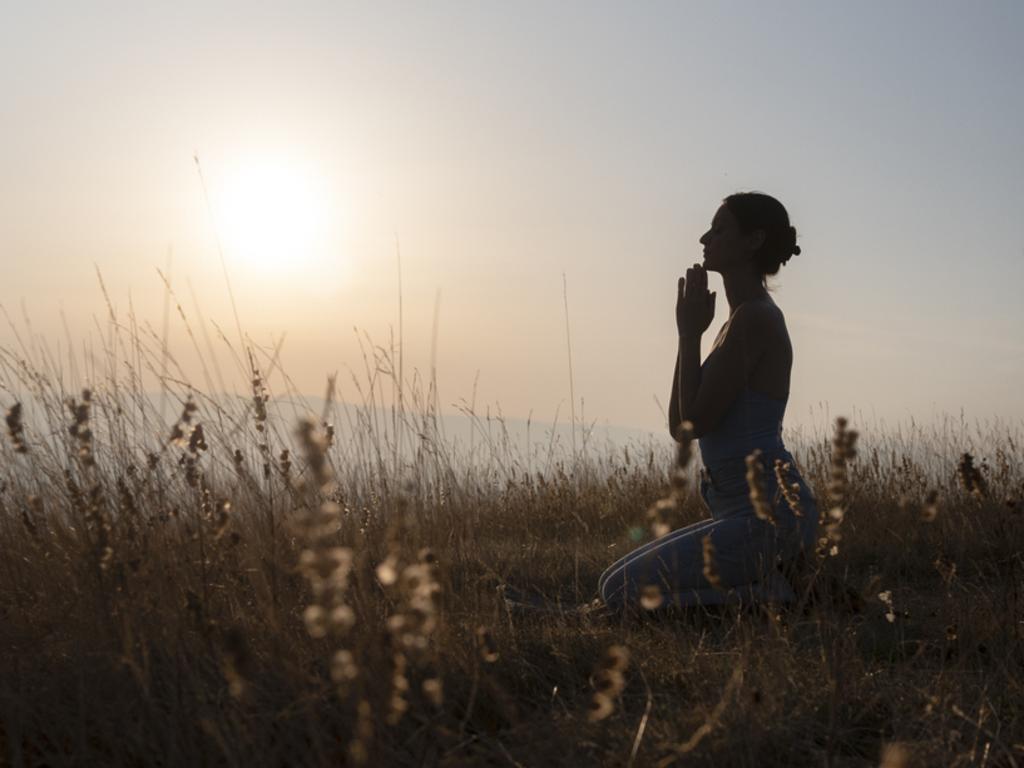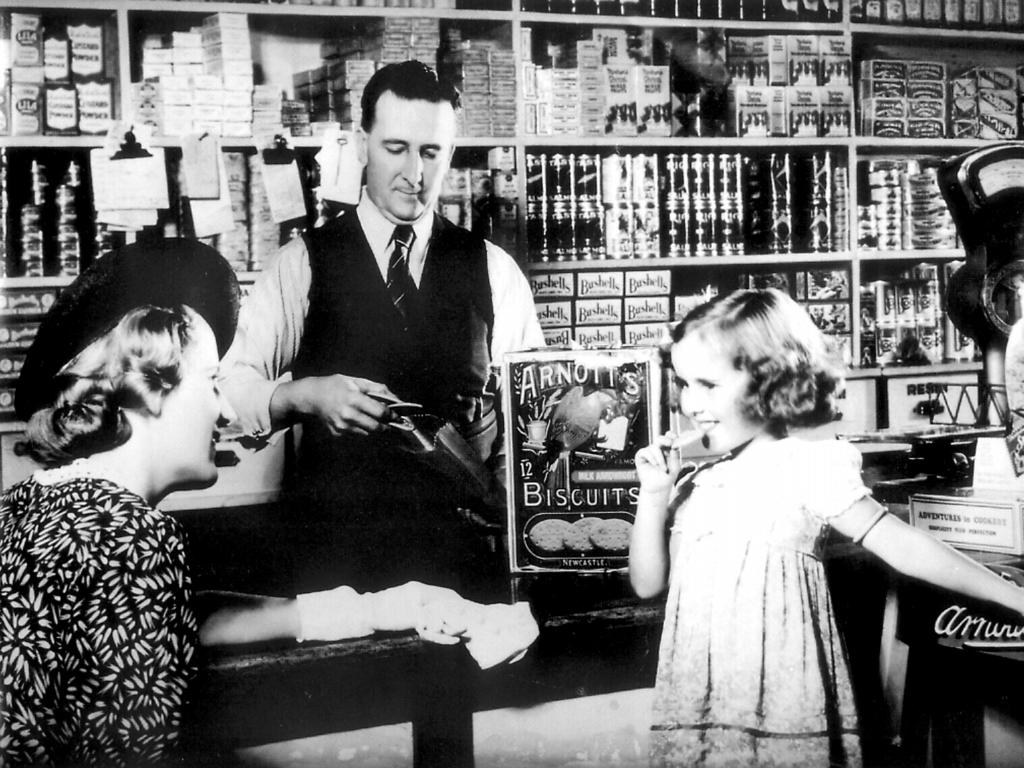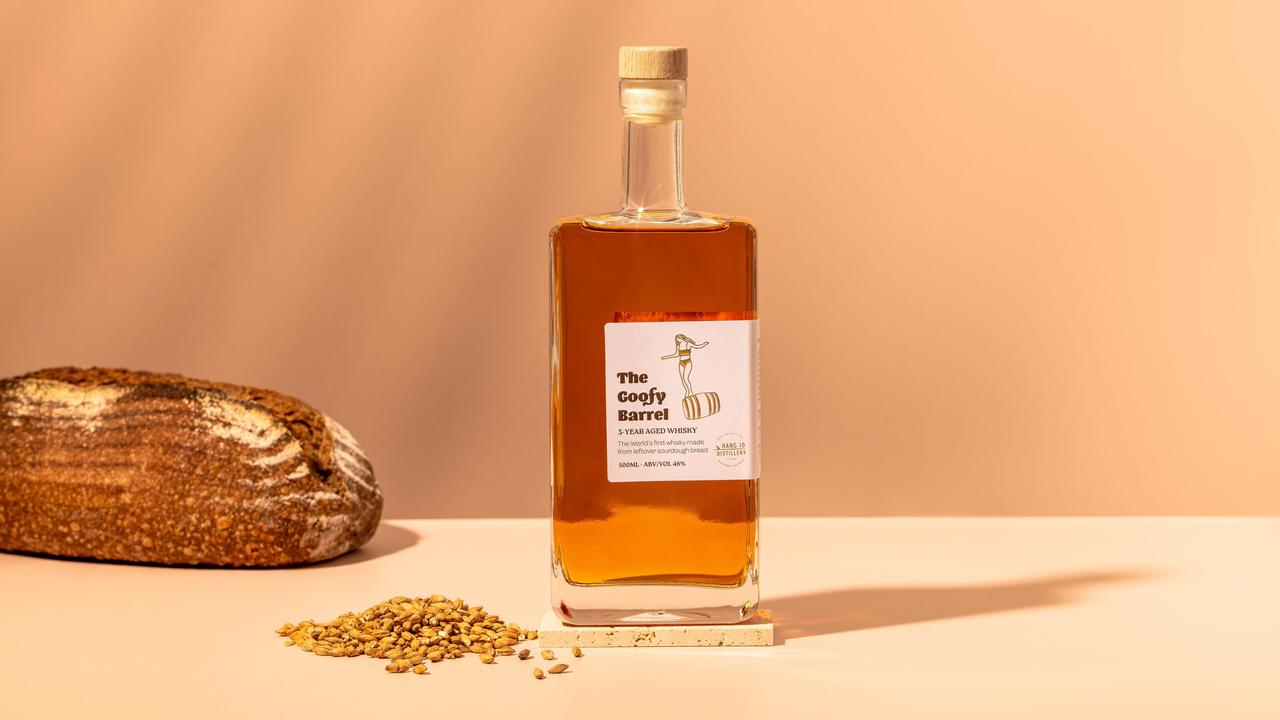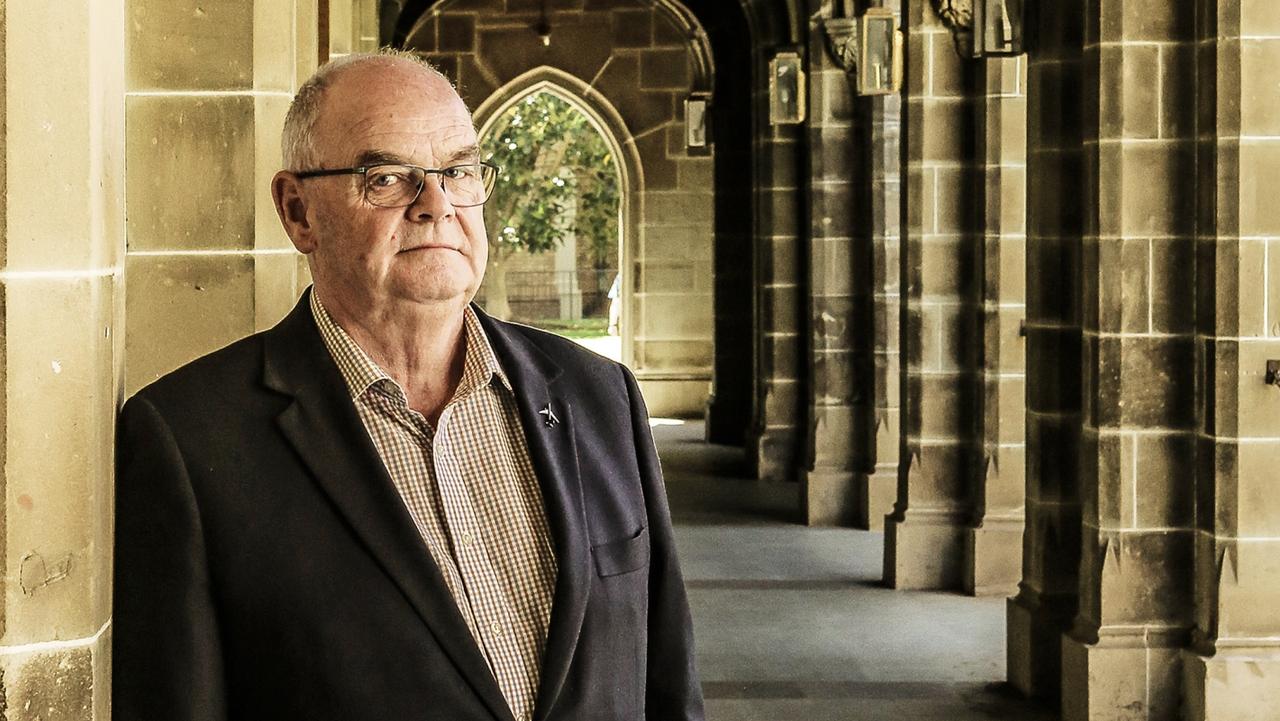We’re a sponge for America culture — up to a point
There are skirmishes where American and Australian culture are fighting for supremacy, if not for survival.
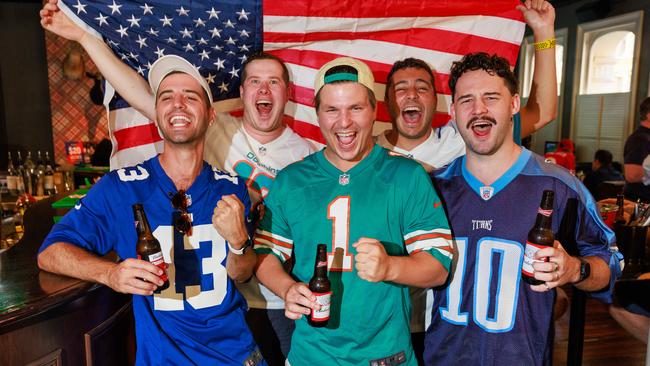
Three weeks after the bombing of Pearl Harbour in December 1941, Australian Prime Minister John Curtin announced a shift in our nation’s allegiance – “free of any pangs as to our traditional links” with Great Britain – to the US. Within three months 150,000 troops and the US’s Supreme Commander in the South-West Pacific, General Douglas MacArthur, were based on Australian soil. The Americanisation of Australia had begun.
We have absorbed American culture in the celebration of Valentine’s Day, Halloween, Black Friday and even the Super Bowl. A presidential election seems to warrant a bevy of Australian reporters to be placed in situ to get the “inside story” on each of the swing states. I will be disappointed if the term “swing states” or a derivative thereof isn’t cited by an Australian journalist in our upcoming – sorry, forthcoming – general election.
Is it just me or are Australian TV presenters increasingly leaning into the use of Americanisms? It’s almost as if they’re auditioning for a gig on US television! Let us never hear the terms “top of the hour” or “stateside” from a presenter on Australian TV.
And then there’s Australia’s absorption of American behavioural and lifestyle trends. American hippies celebrated Woodstock in 1969; three years later Australia hosted the equivalent Sunbury Music Festival. Old cold Americans shifted to the sunbelt en masse from the 1980s; Australians followed suit to Queensland where they promptly copied Miami’s canal estates. (And even named a suburb of the Gold Coast “Miami”.)

And yet despite the seemingly unstoppable merging of our cultures, there is evidence of resistance. I think Australians have always consciously rejected the bits of American culture that don’t suit. For example, we do not accept the spelling of the word organisation with a “z” or of the word colour without insertion of a civilising “u”.
There are skirmishes where American and Australian culture are fighting for supremacy, if not for survival. Australia’s under-40s predominantly, I think, pronounce the final letter of the alphabet as “zee” rather than as “zed”. (I blame The Simpsons for this blatant cultural colonisation.) And they tend to pronounce the word “lever” so that it rhymes with clever as opposed to beaver.
Cultural movements that start in America often (but not always) find their way to Australia. This isn’t so much a dividend of the US’s cultural dominance; it’s more an alignment of the way well-to-do freedom-loving people want to live in the 21st century.
The question now is the extent to which recent policy changes enacted by US President Donald Trump will be adopted, modified and/or rejected by the Australian people.
One outcome that I am sure will find its way to Australia is a greater focus on explaining where public funds are being directed.
More than 80 years after Curtin’s great switcheroo, we’re still taking our cues from America. But we should never lose sight of our fundamental right to pick and choose what best suits the interests, the aspirations and the concerns of the Australian people.
magazinefeedback@theaustralian.com.au


